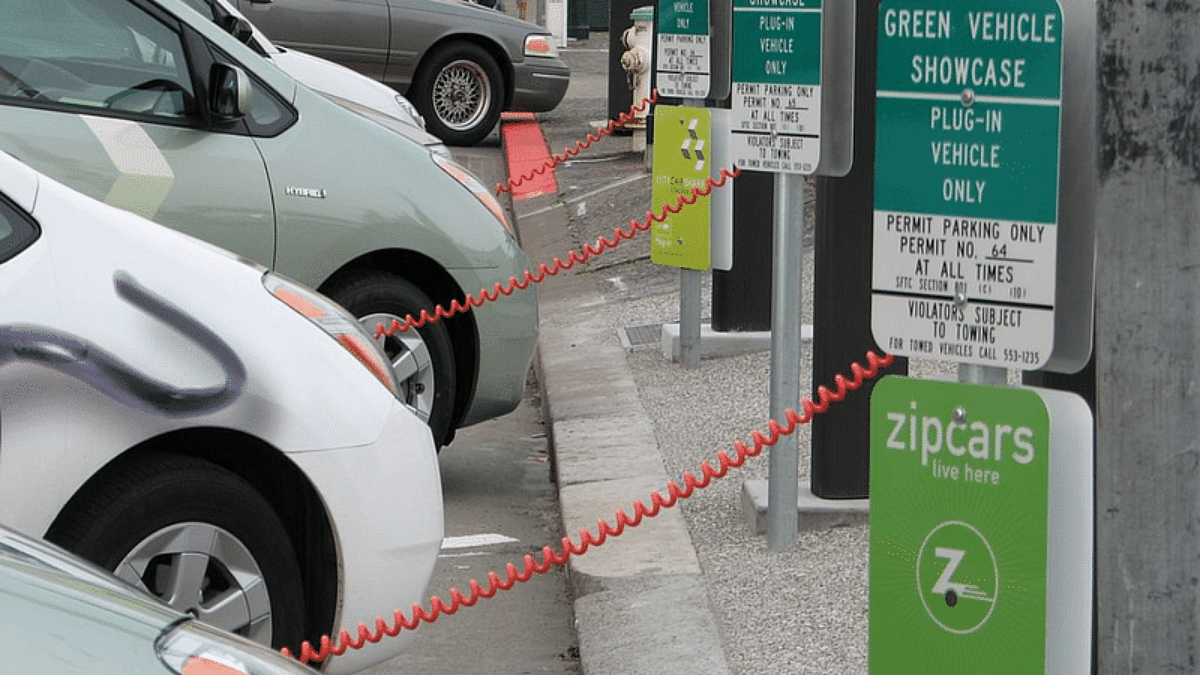New Delhi: The electric passenger cars segment is expected to grow at 30-40 percent in 2024, over a high base of the current year, Shailesh Chandra, managing director, Tata Motors Passenger Vehicles and Tata Passenger Electric Mobility, said Thursday.
This growth would be driven by new model introductions at more price points and higher range, he added.
However, buyers are still somewhat wary of investing heavily in electric vehicles (EVs), said Chandra, adding that concerns over charging infrastructure also remain, something the government must address soon.
Speaking to reporters on the sidelines of the launch of an exclusive store in Gurugram for EV customers — TATA.ev stores — Chandra said the current government support in the form of lower GST, as well as other state government taxes, should continue till electric vehicles are able to achieve 18-20 percent penetration.
“In 2023, we should see a growth of 95-100% for electric cars to about 90,000-95,000 units. On this high base, a growth of 30-40% should be good as a lot of action is happening in the new models space. This should not be seen as growth slowing down as we need to keep in mind the high base of this year,” Chandra said.
In 2022, India saw sales of around 50,000 electric cars.
Chandra said that the growth of electric vehicles has been triggered by the introduction of new models at more affordable prices. “Last year, the average price of EVs was around Rs 17-18 lakh with Nexon being the leading product. In January this year, we launched the Tiago and there were few other products from competition…the Tiago EV generated a lot of volume, so volume growth has some from affordable EV.”
Chandra added that customers are switching a lot between “a Rs 18 lakh priced car and a Rs 10-12 lakh priced car because a large proportion of EV sales is still the second or third car in a family”.
He added: “Many times you would see your customer considering Nexon but switching to Tiago because they feel why not experiment with a more affordable car at first…then when the new Nexon EV was introduced, people who were considering Tiago switched to Nexon. This you don’t see in ICE vehicles where movements are only in the band of Rs 1 lakh.”
Asked about a sweet spot in pricing for electric cars, Chandra said a customer is usually willing to pay Rs 2-3 lakh extra for an electric car as it gets recovered due to lower cost of running. “So, if Rs 11-12 lakh is the median price of an ICE car sold…for electric cars it should be around Rs 14 lakh, in my opinion.”
The company has set a target to sell one lakh electric vehicles in the current financial year, and is confident of achieving the target of EVs contributing 25 percent to its sales by 2025-26. It sold 50,000 electric vehicles in FY 2023.
Chandra also pointed out that while product and pricing are no longer an issue, bottlenecks around charging infrastructure continue to hold people back from buying an EV as their first car. “There are roadblocks where the government needs to intervene in the charging infrastructure.”
Furthermore, he said that the company will launch three electric vehicles in the next year, including the Curvv EV and Harrier EV, at new price points. “We will have electric vehicles in the Rs 8 lakh to over Rs 30 lakh range. Our strength would be a spectrum of price point and size of cars and different ranges,” he said.
(Edited by Gitanjali Das)

